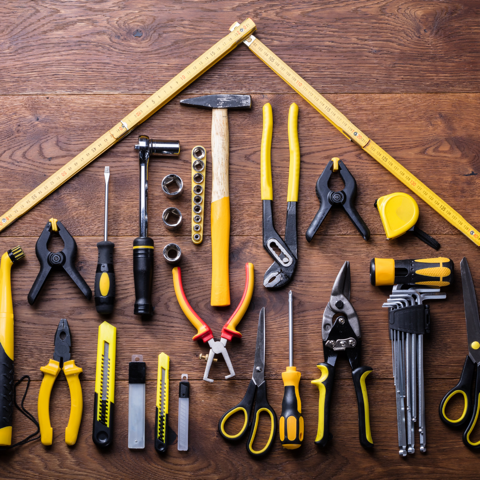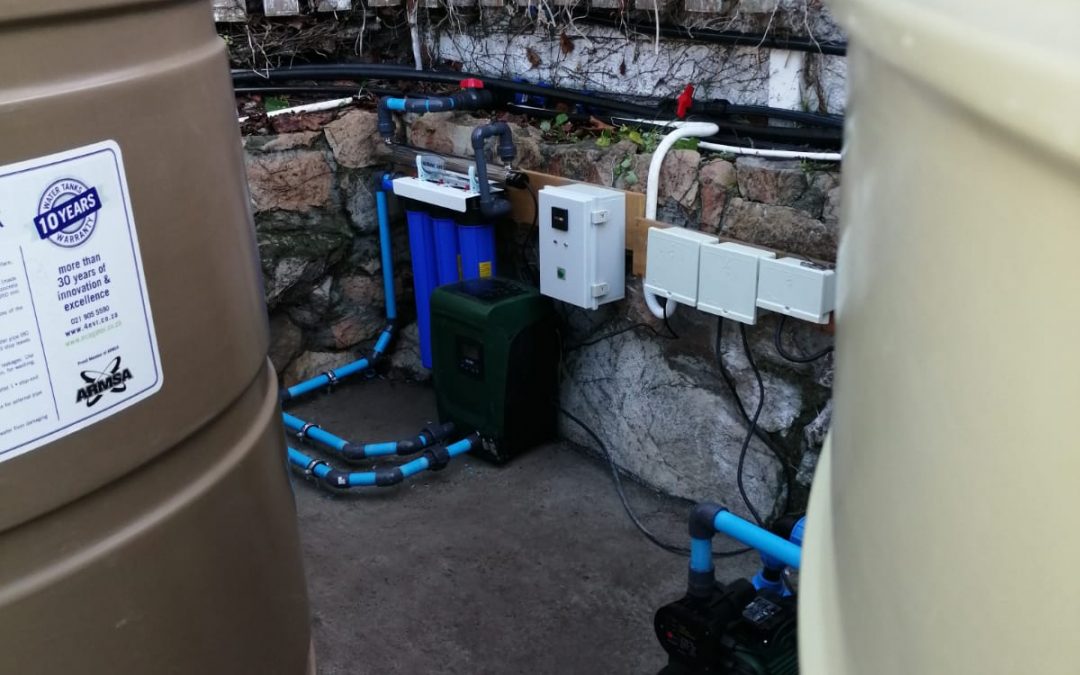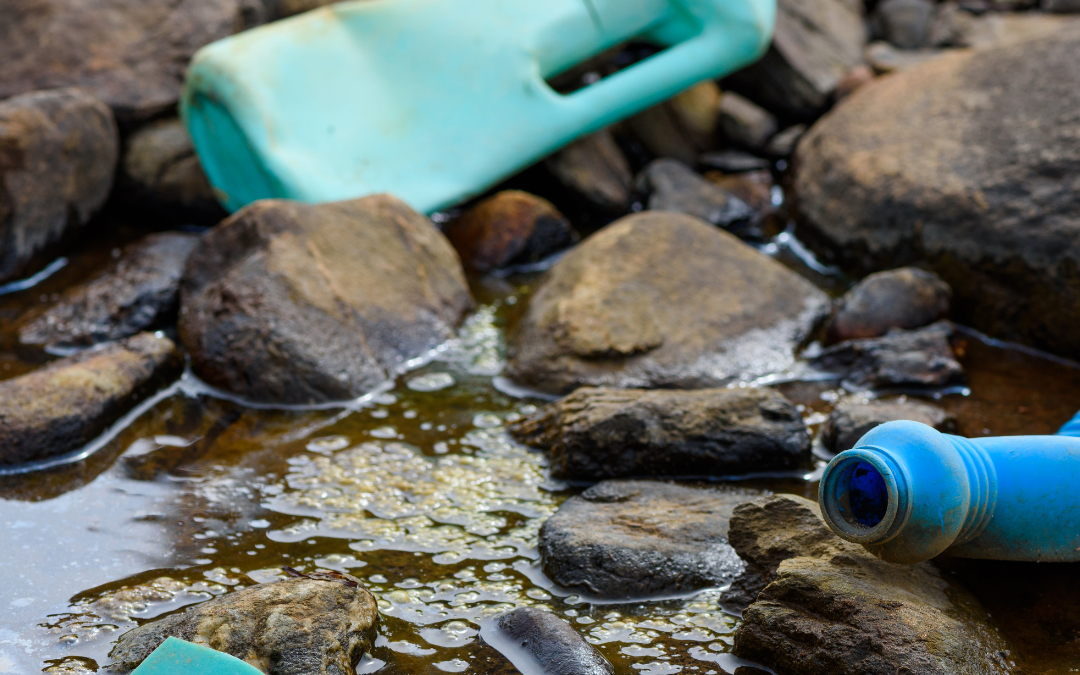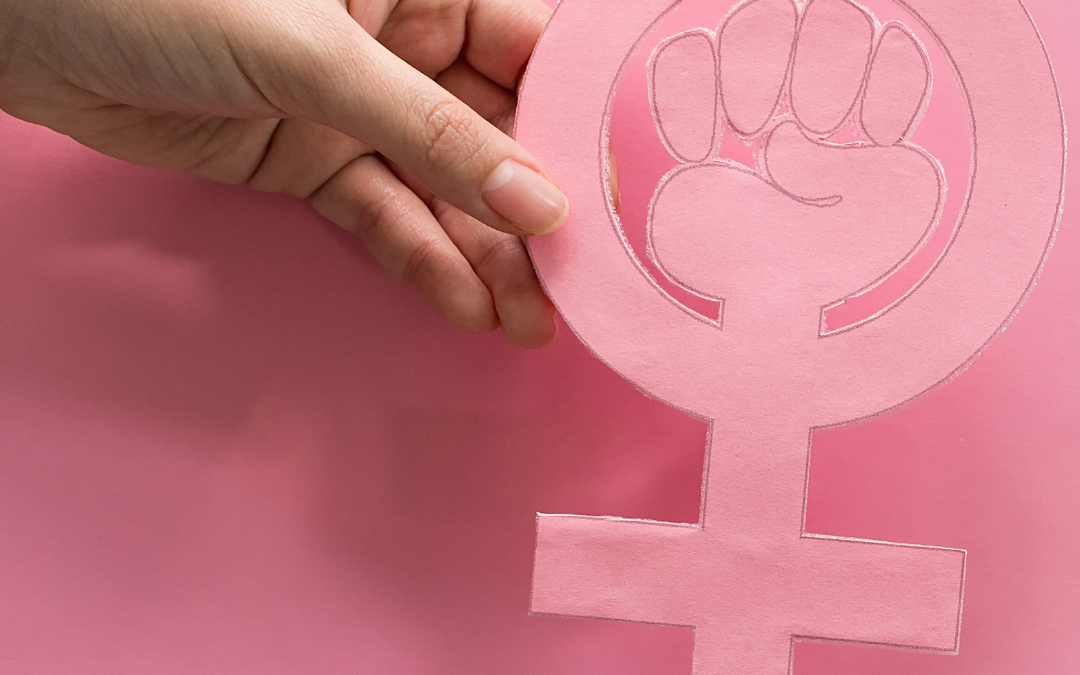
by neogek1@gmail.com | Apr 8, 2021 | Stories
In our previous blog, Greywater, The good, the bad and the ugly, we explored numerous pros and cons with regards to its retention and used in our home as well as greywater saving devices and sanitary systems.
We all had a good giggle at Harry and his misguided toddler attitude of “I can do it myself” and his wife’s smelly prize roses. We will be taking an in-depth look at what the DIY in you can accomplish with the right tools and the proper guidance from Bosman Plumbing Services and Renovations exceptional team for April.
We all have those moments in life where the DIY itch becomes a manic disorder, and anything and everything shouts FIX ME FIX ME! In those times, we gather up our little tool kits or the scary metal claw thingies from the storage drawer and set out on a journey in said area in the house that needs a little TLC.
Scary slaw thingies in hand, we tug and turn and hammer and then, with a big swoosh, cover the kitchen with an interesting array of bacterial invested water and a missing sock. Yes, the DIY in you unclogged the washing machine’s pipe, but in all helpful manner, the line spewing gunk is now broken and on its way to the bin. One call later, and our magic fairy godmother sends an exceptional plumber with his unique toolbox who wrestles with a claw thingy just like yours and fixes the sad-looking pipe in its correct place.
Before our Bosman plumber runs off to his next assignment, he hands us a little list – on it, our very own emergency go-to tool kit list.
Plumber’s Emergency Kit
- A five-litre bucket doubles up as a handy tool holder that catches swooshing leaks mid-project.
- A regular and heavy-duty plunger. Each plunger works on its own, but sometimes we need a little bit more unclogging power.
- Wrenches in various sizes, a standard joint pliers and last but not least an adjustable wrench.
- A small handle screwdriver set – one of those multipurpose sets with interchangeable heads.
- A key holder with mixed sized Allen keys.
- A roll or two of Duct tape as well as some plumbing or Teflon tape for emergencies.
- A small selection of caps and valves for standard fittings.
- Flashlight for those hard-to-reach areas and an old towel or rag to clean up little drips and leaks.
As industry experts with over 25 years of experience Bosman Plumbing provides you with tools and guidance you need.
OPEN 24HRS a day for your plumbing emergency!
Tel: 021 705 3969
083 658 1402
083 658 1401
#bosmanplumbing #capetown #leakingpipes #blockeddrains #emergency #twentyfourseven #drainpipes #renovations #maintenance #plumbing #greywater #dyi

by neogek1@gmail.com | Apr 1, 2021 | Stories
Paint Easter eggs with the colours of love, humanity, peace, and care.
Celebrate traditions and create wonderful new memories with the people you hold most dear!
Bosman Plumbing wished all our clients and their families a blessed and bountiful Easter.
Whatever your plans are this Easter, know that Bosman Plumbing is here for you 24hrs a day for your plumbing emergency all over Cape Town and Surrounds.
We are a call away.
OPEN 24HRS a day for your plumbing emergency!
Tel: 021 705 3969
083 658 1402
083 658 1401

by neogek1@gmail.com | Mar 25, 2021 | Stories
In our previous blog, Blackwater. Is that a thing? We explored the basics of greywater, the heck it actually is, and how it can affect our environment. We explored the ugly and the bad – but with every con on our list, we can find more pro points as technology and sanitary systems evolve. Sound a bit like the world is being run by intelligent toilets.
So, what are the most significant advantages and disadvantages of getting a greywater system installed?
Basic diversion systems involve a hands-on owner and are prone to smell due to ill maintenance and unskilled installation. A prime example is Harry down the road; he un-linked his bathroom plumbing outlet and ran a hose to his wife’s prize roses, which now smell like a raw sewerage plant.
Untreated greywater should only be diverted and not use in regular irrigation system unless needed in times of drought. Greywater reuse will assist in keeping your garden alive when you are unable to water with municipal water.
But and there is always a but. High tech systems enable a more permanent usage of greywater and, when professionally installed, can be used for non-potable functions like flushing the loo. On average, a standard household can use over 40 0000 litres in showers and loo flushing alone.
Did you know that a professionally installed greywater and rainwater system of an average four-person household will produce enough water to sustain a small garden throughout the year? Well-points and boreholes installed and filtered when needed can be used in non-potable points in your home. Yes, when filtered, the same non-potable water used to water your garden or top up your pool can be used to wash the laundry and even flush the loo.
A greywater system, in the long run, not only saves your hard-earned rands on your municipal water bill, but it also saves our natural resources.
Don’t be a Harry; speak to one of our experts at Bosman Plumbing for all your greywater needs.
OPEN 24HRS a day for your plumbing emergency!

by neogek1@gmail.com | Mar 18, 2021 | Stories
In our previous blog, To grey or not to grey, we explored Bosman plumbing’s suggested greywater usage and the reasoning behind it and why water, a natural resource, needs preserving. In our next few posts, we will be exploring the concept and how to go about assessing and remodelling a system designed to meet your personal needs.
But first- what is the difference between greywater and wastewater?
All water that is not potable is normally referred to as greywater. We can group these as rainwater, untreated borehole water or wastewater from a bath, basin, or shower. It is, however, essential to distinguish between the different sources of such water. Wastewater from baths, showers, hand washbasins and washing machines is greywater, but wastewater from a kitchen sink or dishwasher is not greywater but is considered raw sewage.
A line is also drawn between non-potable water collected from the shower, bath, basin, and laundry and that from a toilet or urinal water which is referred to as black water.
The reasoning behind distinguishing between non-potable water, greywater and wastewater are to assess reuse purposes and the system needed. Health, safety, and sanitation needs should prioritize the use of any non-potable water. Greywater can become saturated with unhealthy levels of salts and other chemical compounds from non-environmental soaps used.
Before assessing where and how to implement a greywater system, households should research what plant types can cope with greywater. Soil quality can deteriorate over time with incorrect use, and greywater combined with wastewater and contribute to non-sanitary areas.
As industry experts with over 25 years of experience, Bosman Plumbing will be able to assist in assessing your current sanitation needs and advice on a system that will work best for you and your environment.

by neogek1@gmail.com | Mar 8, 2021 | Stories
Women stand at the forefront of our world’s current pandemic. They take on many roles in the world; health care workers, caregivers, innovators, community organizers, teachers, and national leaders in combating the pandemic.
We celebrate your achievements.
We support the raise of awareness about women’s equality and lobby for accelerated gender parity.
We acknowledge the disproportionate burdens they carry every day.
Bosman plumbing wishes all women a beautiful International Women’s Day.





